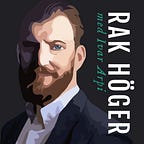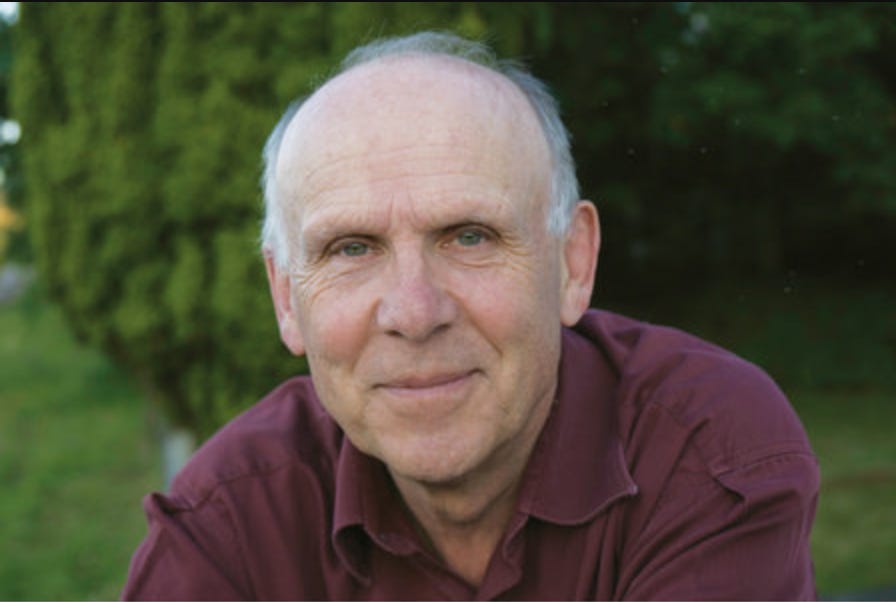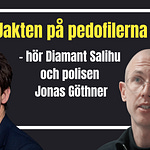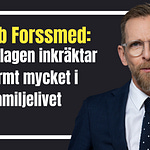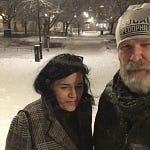Why do domesticated animals develop white fur? Why do they get floppy ears? My German shepherd excluded. Surprisingly, these seemingly random traits are common indicators of domestication and friendliness. But how does this relate to us humans?
Today I’m speaking with Richard Wrangham, a distinguished primatologist and professor at Harvard University, whose influential research has deeply reshaped our understanding of human evolution. Wrangham has popularized the intriguing concept of “self-domestication” through extensive academic work and especially his acclaimed book, The Goodness Paradox: The Strange Relationship Between Virtue and Violence in Human Evolution (Profile books 2019).
According to Wrangham, self-domestication is an evolutionary process where humans gradually evolved by selecting against impulsive aggression, making us more cooperative, social, and even influencing our moral decisions. Yet, paradoxically, he explains that this increased peacefulness coexists with an undiminished capacity for carefully planned violence, like warfare. We are, he argues, remarkably peaceful in daily interactions, yet simultaneously capable of organizing lethal aggression on a massive scale.
In our conversation, we delve into what self-domestication truly involves, what bonobos and chimpanzees reveal about our behavior, and why understanding both reactive and proactive aggression is crucial today. Wrangham challenges many common assumptions about human nature, offering insightful explanations for both the peaceful cooperation and conflict seen in our societies.
This discussion matters because it encourages us to reconsider our assumptions about what it means to be human, providing deeper insights into our past, our current social dynamics, and potentially, our future.
Prenumerera eller stötta Rak höger
I takt med att fler blir betalande prenumeranter har Rak höger kunnat expandera med fler skribenter och mer innehåll. Vi får inget presstöd, vi tar inte emot pengar från någon intresseorganisation eller lobbygrupp. Det är endast tack vare er prenumeranter vi kan fortsätta vara självständiga röster i en konform samtid. Så stort tack för att ni är med, utan er hade det inget av detta varit möjligt.
Den som vill stötta oss på andra sätt än genom en prenumeration får gärna göra det med Swish, Plusgiro, Bankgiro, Paypal eller Donorbox.
Swishnummer: 123-027 60 89
Plusgiro: 198 08 62-5
Bankgiro: 5808-1837
Utgivaren ansvarar inte för kommentarsfältet. (Myndigheten för press, radio och tv (MPRT) vill att jag skriver ovanstående för att visa att det inte är jag, utan den som kommenterar, som ansvarar för innehållet i det som skrivs i kommentarsfältet.)


